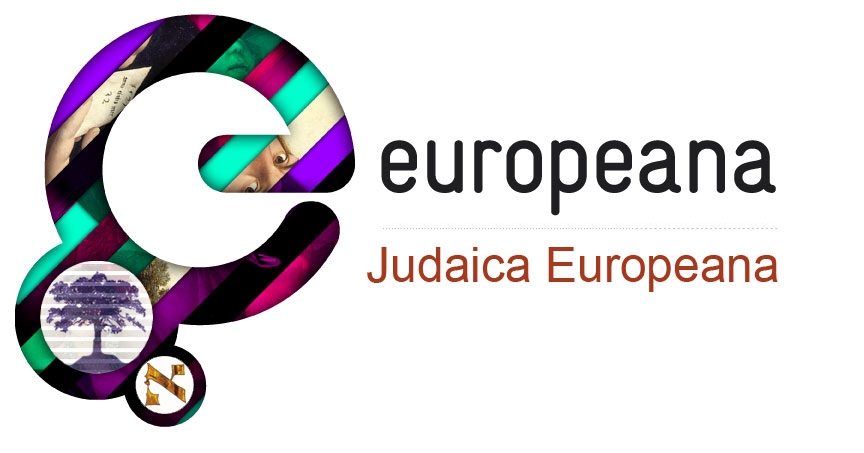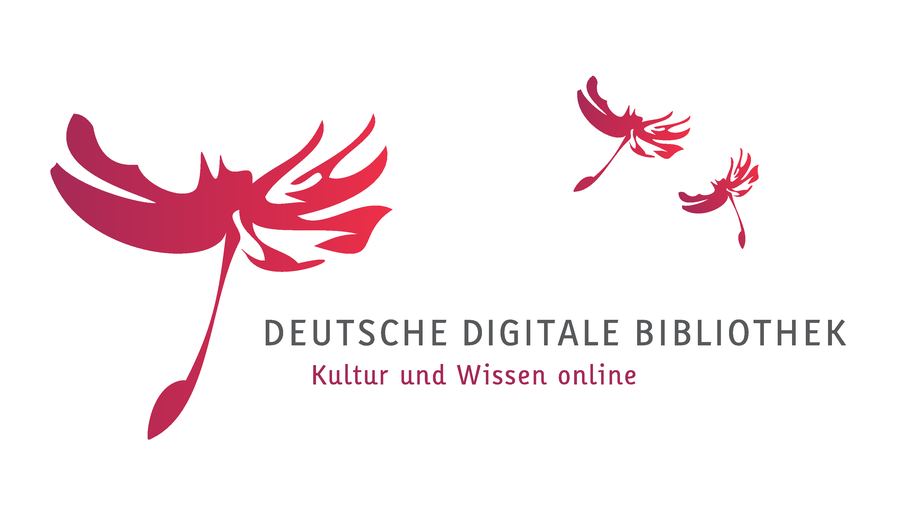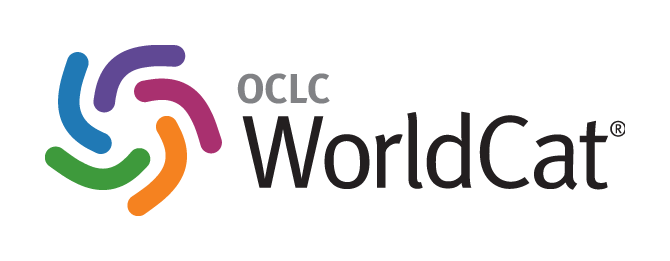LBI Sammlungen in Webportalen weltweit



https://neu.aggb-katalog.de/vufind/https://neu.aggb-katalog.de/vufind/Compact Memory
The portal Compact Memory of the Judaica Collection at the University Library of Frankfurt features about 300 Jewish newspapers and journals of German speaking areas of the years 1768–1938. These periodicals represent the complete religious, political, social, literary and academic spectrum of the Jewish community and the “Science of Judaism”, thus constituting a major source for the research on Judaism in the Modern Age. In 2017 the project continued in cooperation with the Leo Baeck Institute and the Center for Jewish History, 60 periodicals were added. In 2018, about 40 additional LBI periodicals were digitized and will be added to Compact Memory .
EHRI
The European Holocaust Research Infrastructure portal offers access to information on Holocaust-related archival material held in institutions across Europe and beyond and also cross-references the LBI collections.
Europeana
More than 10,000 records of digitized LBI collections are now discoverable on Europeana, an EU-funded cultural heritage portal which brings together the digitized collections of institutions from Europe and other countries. Digitized Judaica collections like the LBI collection were added to Europeana through the Jewish Heritage Network as the Judaica Europeana project ( phase II concluded in 2020). The LBI Archives contributes fully digitized archival collections, memoirs, manuscripts, and genealogical records. The LBI Library features digitized rare books, illustrated books, and periodicals.
Footprints: Jewish Books through Time and Place
Footprints tracks the circulation of printed “Jewish books” (in Hebrew, other Jewish languages, and books in Latin and non-Jewish vernaculars with Judaica contents). Much information about the movement of early printed books exists, but in scattered form: individual copies, catalogs from libraries and booksellers, estate inventories, subscription lists, and other kinds of archival documents. All of these individual pieces of data can connect to each other in order to build up a composite view of the movement of Jewish texts and ideas from place to place and across time. So far LBI has contributed the ownership and acquisition history of 100 Hebrew books to the Footprints project.
Freimann Collection
The Freimann Collection comprises the literature of Science of Judaism (Wissenschaft des Judentums) in European languages and is part of the Judaica Collection at the University Library of Frankfurt. LBI contributed about 1000 digitized books as part of a DFG/NEH project.
German Refugee Rabbis in the United States of America, 1933–1990
The online database “German Refugee Rabbis in the United States 1933–1990” traces the migration paths and careers of German rabbis who fled to the United States from Nazi Germany after 1933. The database explores the refugee rabbinate’s impact on American Judaism, American Jewish communities as well as their travels or returns to post-war Germany. The database provides detailed biographies in an interactive map and references archival resources and library materials in existing digital collections worldwide, including the Leo Baeck Institute. The DFG-project was planned and compiled by Prof. Dr. Cornelia Wilhelm of the University of Munich.
Getty Research Portal
The Getty Research Portal aggregates digitized art-related books that are owned by different museums and libraries. LBI contributed with a collection of about 100 illustrated books and artists’ portfolios, which include books and portfolios by prominent German-speaking Jewish artists such as Ephraim Moses Lillien, Emil Orlik, Hermann Struck, and Max Liebermann.
Google Arts & Culture
Google Arts & Culture is an online platform through which the public can access high-resolution images of artworks housed in museums worldwide. Several hundred paintings, drawings, and prints from the Art Collection of the Leo Baeck Institute are accessible through this platform.
Internet Archives
Internet Archive is a non-profit digital library offering free universal access to books, movies & music, as well as 324 billion archived web pages. LBI houses the digital images of about 800 archival collections, 222 periodicals, (most prominent title: Aufbau), and about 100 books on Internet Archives. Since 2010, the LBI collections offered through Internet Archives attracted more than 2 million views.
Judaica Portal - an emerging comprehensive portal for Judaica library holdings ranging from books, periodicals, articles, and self-published/unpublished manuscripts. In 2021, it featured almost 1 million entries of Judaica holdings of more than 20 libraries in Germany and Austria, enriched by The Index of Articles on Jewish Studies of the National Library of Israel (RAMBI) as well as the Digital Collections Judaica in the University Library Frankfurt. The Leo Baeck Institute New York contributes digitized memoirs and manuscripts as well as digitized books from its rare book collection. This portal is a joint project of the Selma Stern Center for Jewish Studies Berlin-Brandenburg, the Potsdam University Library, the union catalog Berlin-Brandenburg (KOBV), and the Judaica Network.
Ktiv
Ktiv, The International Collection of Digitized Hebrew Manuscripts, is an online database of the National Library of Israel that was launched in 2017. The archive contains nearly 4.5 million images from 45,000 manuscripts, including prayer books, biblical texts, commentary, philosophy, literature and scientific writings in various Jewish-related languages such as Hebrew, Yiddish, Ladino and Judeo-Arabic. LBI contributes with several dozen documents from its archival collections, among them prayers, ketubbot, sermons, letters, and a Megillat Esther from Fuerth, 1750.
Yahad.net: A Jewish Heritage Network Project: Collection of Haggadot
Access four very special Haggadot from LBI's collections for your Seder or just enjoy: The Prague Haggadah, 1678; The Fürth Haggadah, 1740/41; The Frankfurt Haggadah, 1913; The Offenbacher Haggadah, 1927
Worldcat
WorldCat is the world’s largest bibliographic database. As of December 2017, the union catalog contains 400 million bibliographic records in 491 languages and itemizes the collections of 72,000 libraries in 170 countries. It is operated by OCLC Online Computer Library Center, Inc. LBI and its partner organizations contributed the bibliographical descriptions of all their library and archival holdings and actively add new descriptions on an ongoing basis.
IN PROCESS
AGGB - Arbeitgemeinschaft der Gedenkstättenbibliotheken